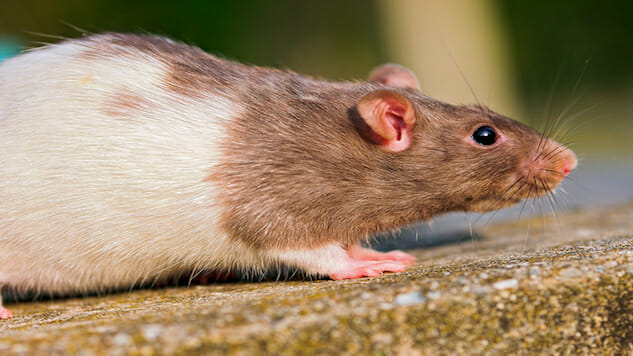Genetically Engineered Animals Could Control For Diseases

What if there was a way to eradicate a disease in just a few years? Having the ability to completely remove deadly ailments from humans and animals sounds far-fetched but may in fact be the future of science.
According to The New Yorker, Kevin Esvelt, the director of the “sculpting evolution” group at MIT, and his colleagues have been working to answer that very question with their proposed research of altering the genes of mice that are susceptible to Lyme bacteria.
The team has proposed an experiment in which they will design molecular tools, with the help of CRISPR, a DNA editing tool, to essentially rewrite the DNA of white-footed mice to make them immune to Lyme bacteria and other tick-borne diseases.
If tests are successful, Esvelt plans to seek permission to repeat the process on Nantucket, where over one fourth of residents have been affected by Lyme disease, and Martha’s Vineyard. Lyme is the most rapidly spreading disease in the United States, making caution take precedent over enjoying time spent outdoors, especially in the Northeast.
Lyme disease is usually treatable with one round of antibiotics if caught early enough, but can lead to years of pain and neurological issues if left unchecked. Though a vaccine for humans does not yet exist, there is a vaccine that is effective on dogs and mice and it is this treatment that Esvelt hopes to use in his project.
-

-

-

-

-

-

-

-

-

-

-

-

-

-

-

-

-

-

-

-

-

-

-

-

-

-

-

-

-

-

-

-

-

-

-

-

-

-

-

-








































